
Fidjrosse: The Coastal Gem of Cotonou
Fidjrosse, a picturesque neighbourhood in Cotonou, is a must-visit destination for tourists seeking a blend of serene beaches and vibrant local culture. Nestled along the stunning coastline of the Atlantic Ocean, Fidjrosse offers visitors an array of activities and sights that will leave lasting memories. The neighbourhood is famed for its sprawling sandy beaches that stretch as far as the eye can see. Fidjrosse Beach is the perfect spot to relax, take a leisurely stroll, or enjoy water sports like surfing and jet-skiing. As the sun sets, the beach transforms into a lively social scene with local musicians and dancers showcasing their talents. Beyond its natural beauty, Fidjrosse is a cultural hub. The area is dotted with charming markets and street vendors where you can purchase local crafts, textiles, and delicious street food. The vibrant Fidjrosse Market is an excellent place to immerse yourself in the local way of life and pick up unique souvenirs. For history enthusiasts, Fidjrosse offers a glimpse into Benin's past with its close proximity to historical landmarks like the Cotonou Cathedral and the Pendjari National Park. Whether you are looking for relaxation, adventure, or cultural experiences, Fidjrosse in Cotonou has something special for every traveler.
Local tips in Fidjrosse
- Visit Fidjrosse Beach early in the morning to avoid the crowds and enjoy a peaceful experience.
- Bring cash when visiting local markets and street vendors as credit card facilities may not be available.
- Try the local street food, especially the fried fish and plantains, for an authentic taste of Beninese cuisine.
- Wear comfortable shoes for exploring the markets and historical sites.
- Learn a few basic French phrases; it will be appreciated by the locals and enhance your experience.
Fidjrosse: The Coastal Gem of Cotonou
Fidjrosse, a picturesque neighbourhood in Cotonou, is a must-visit destination for tourists seeking a blend of serene beaches and vibrant local culture. Nestled along the stunning coastline of the Atlantic Ocean, Fidjrosse offers visitors an array of activities and sights that will leave lasting memories. The neighbourhood is famed for its sprawling sandy beaches that stretch as far as the eye can see. Fidjrosse Beach is the perfect spot to relax, take a leisurely stroll, or enjoy water sports like surfing and jet-skiing. As the sun sets, the beach transforms into a lively social scene with local musicians and dancers showcasing their talents. Beyond its natural beauty, Fidjrosse is a cultural hub. The area is dotted with charming markets and street vendors where you can purchase local crafts, textiles, and delicious street food. The vibrant Fidjrosse Market is an excellent place to immerse yourself in the local way of life and pick up unique souvenirs. For history enthusiasts, Fidjrosse offers a glimpse into Benin's past with its close proximity to historical landmarks like the Cotonou Cathedral and the Pendjari National Park. Whether you are looking for relaxation, adventure, or cultural experiences, Fidjrosse in Cotonou has something special for every traveler.
Iconic landmarks you can’t miss
Place du Souvenir, ex Place des Martyrs
Explore Place du Souvenir in Cotonou: A historical landmark that honors the martyrs of Benin, offering a serene retreat in the heart of the city.
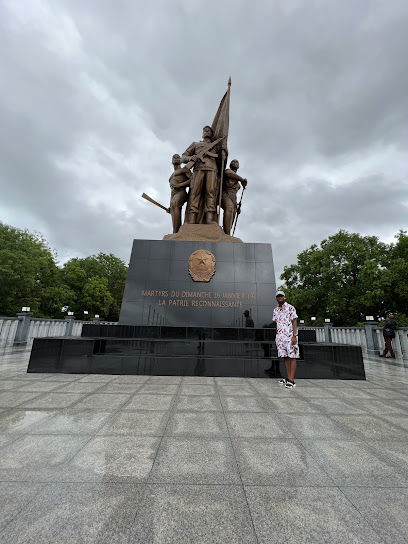
Le Lieu Unique
Discover the rich flavors of Benin at Le Lieu Unique, where culinary traditions meet a vibrant dining atmosphere in Cotonou.
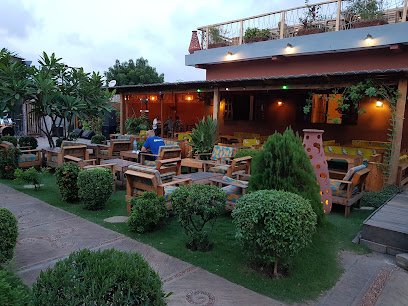
Fidjrossè Beach
Discover the beauty of Fidjrossè Beach in Cotonou, where golden sands and vibrant local culture create the perfect coastal getaway.
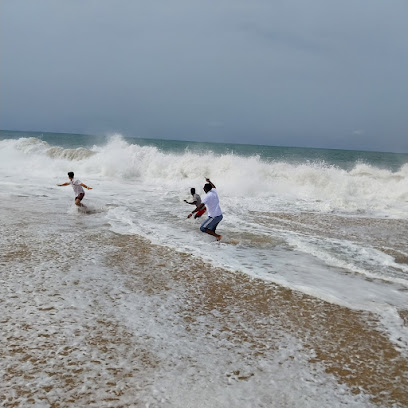
Route des peches
Explore the beauty of Route des Peches in Cotonou, where stunning coastal views meet vibrant local culture and delicious culinary delights.
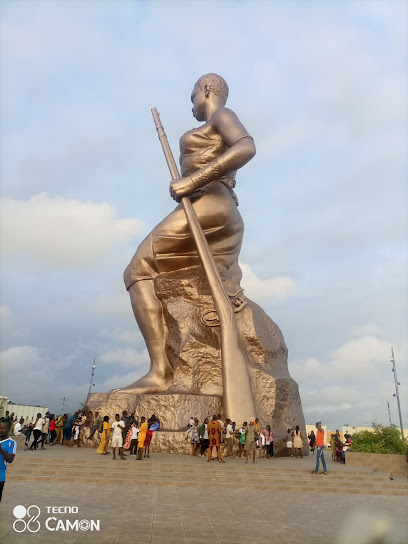
Monument Bio Guera
Explore the Monument Bio Guera in Cotonou — a historical landmark that embodies the rich heritage and culture of Benin.
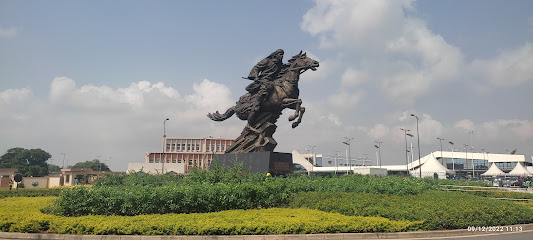
Fidjrossè Fin pavé
Experience the tranquility of Fidjrossè Fin Pavé, Cotonou's serene park, where nature and culture meet for an unforgettable escape.
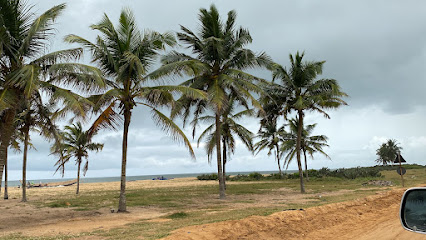
Monument aux Dévoués
Discover the rich history and cultural significance of Monument aux Dévoués, a tribute to sacrifice in the heart of Cotonou, Benin.
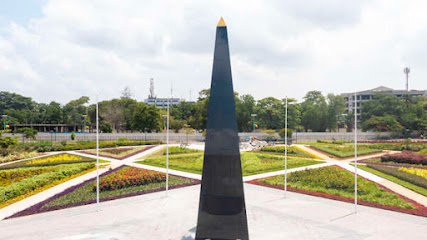
Statue Bio Guerra-Cotonou airport
Explore the rich cultural heritage of Benin at the iconic Statue Bio Guerra, a must-visit attraction at Cotonou Airport.
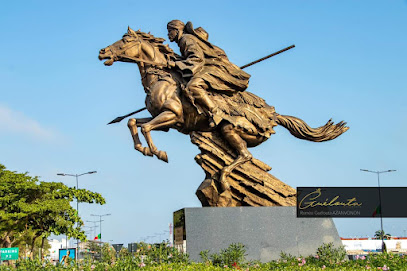
Place des Martyrs
Explore the rich history and resilience of Benin at Place des Martyrs, a must-visit museum in Cotonou showcasing the nation's cultural heritage.
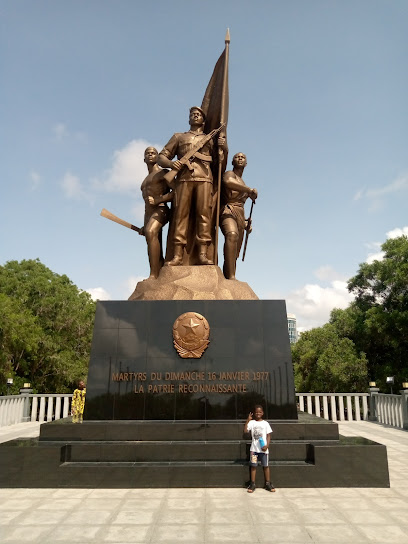
Fidjrosse Beach ️
Discover the beauty of Fidjrosse Beach in Cotonou, where golden sands meet azure waters, offering a perfect blend of relaxation and adventure.
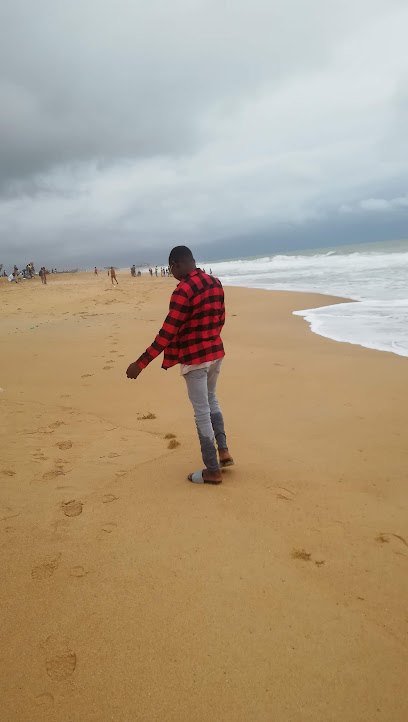
Place de l'indépendance
Explore the cultural heart of Cotonou at Place de l'Indépendance, a serene park filled with art, events, and natural beauty.

Unmissable attractions to see
Fidjrossè Beach
Discover the beauty of Fidjrossè Beach in Cotonou, where golden sands meet vibrant culture and tranquil ocean waves.
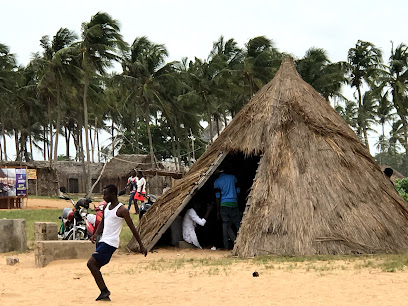
Aire de Jeux Mikeland - Plage Erévan
Experience thrilling rides, family fun, and vibrant atmosphere at Aire de Jeux Mikeland in Cotonou, an amusement park perfect for all ages.
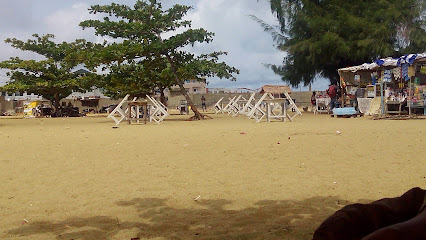
Fidjrosse Beach ️
Discover the beauty and vibrant culture of Fidjrosse Beach in Cotonou, a serene haven for relaxation and adventure along the Atlantic coast.
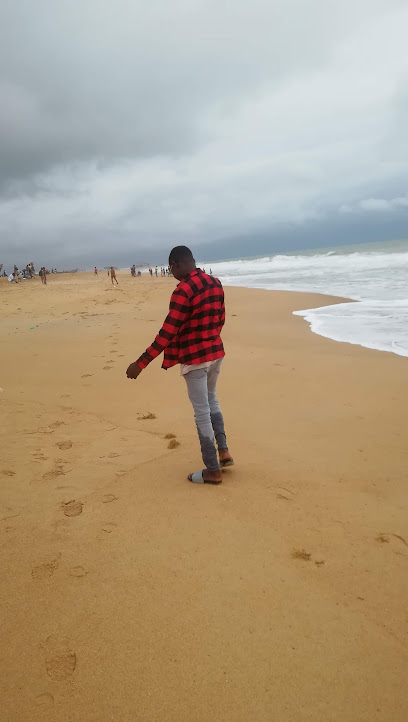
Essential places to dine
Le Lieu Unique
Discover authentic Beninese flavors at Le Lieu Unique - where culinary tradition meets contemporary dining in Cotonou.
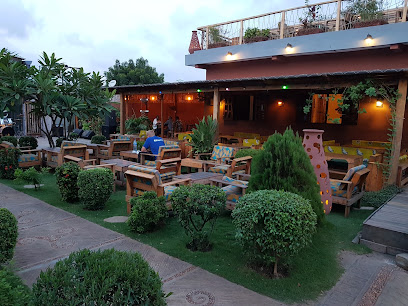
SUNSET BAR RESTAU
Experience exquisite dining at Sunset Bar Restaurant in Cotonou, where local flavors meet stunning sunset views for an unforgettable culinary adventure.
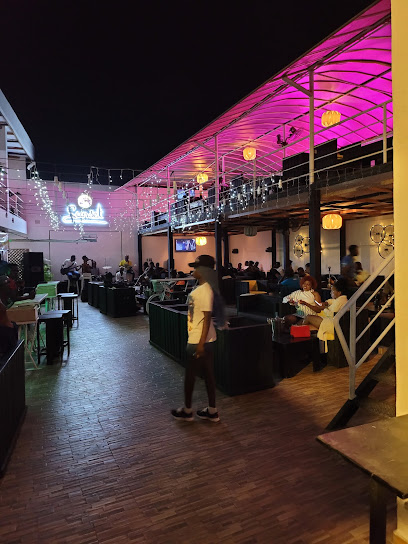
Le Saloon Fidjrossè
Discover delightful culinary experiences at Le Saloon Fidjrossè in Cotonou, where local flavors meet international cuisine.
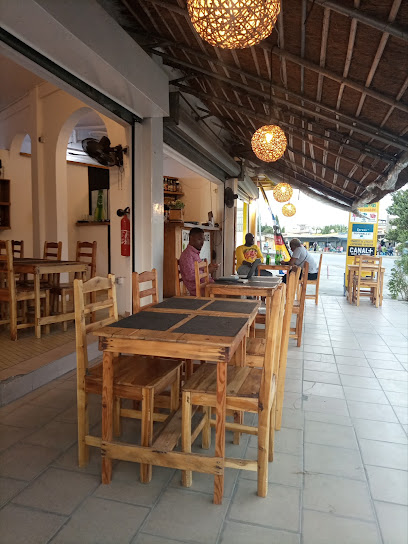
Face À La Mer
Discover exquisite seafood and authentic Beninese cuisine at Face À La Mer in Cotonou - where every meal is a seaside celebration.
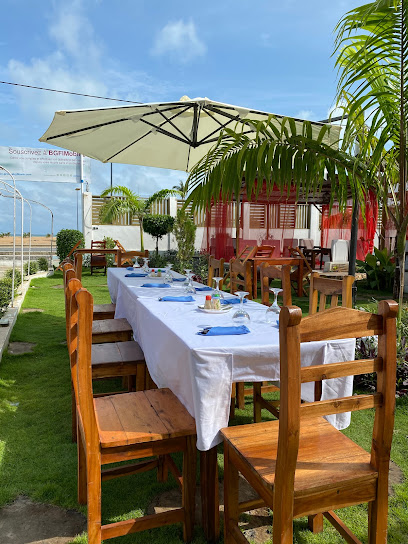
Maquis de la Playa
Discover authentic Beninese flavors at Maquis de la Playa, where every dish tells a story amidst Cotonou's vibrant atmosphere.
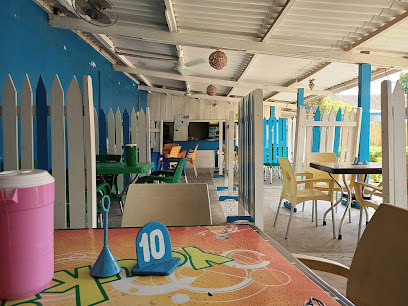
Rosa Parks Bénin
Experience authentic Beninese cuisine at Rosa Parks Bénin - where every meal tells a story of flavor and culture.
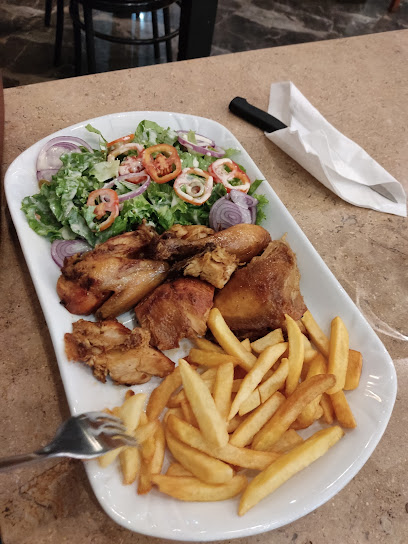
Le Village 11 22
Discover authentic flavors at Le Village 11 22 in Cotonou—where local cuisine meets culinary creativity.
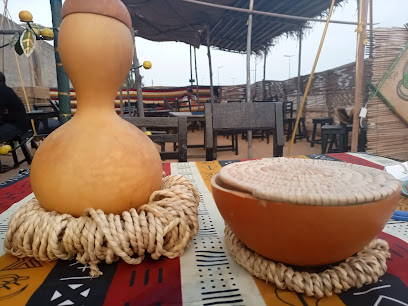
Fairy Beach
Experience tranquility at Fairy Beach in Cotonou - where golden sands meet azure waters for an unforgettable coastal getaway.
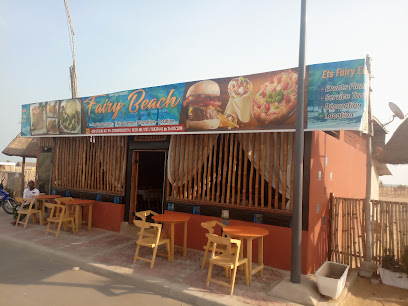
Palace beach
Experience the serenity and culinary delights at Palace Beach in Cotonou - where relaxation meets haute French cuisine.

Face à la mer
Discover delightful dining at Face à la mer in Cotonou - where local flavors meet stunning ocean views.

Markets, malls and hidden boutiques
A LA MAISON Solutions
Explore A LA MAISON Solutions in Cotonou for unique gifts and local artistry that reflect the vibrant culture of Benin.

MOD'ELLE BY LULU
Explore the vibrant world of women's fashion at MOD'ELLE BY LULU in Cotonou, where local styles meet contemporary elegance.
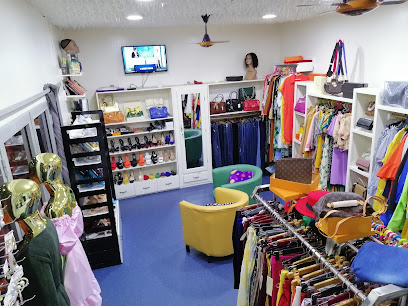
Rufland
Rufland: Cotonou's vibrant shoe store offering a unique blend of local and modern footwear styles for every taste.
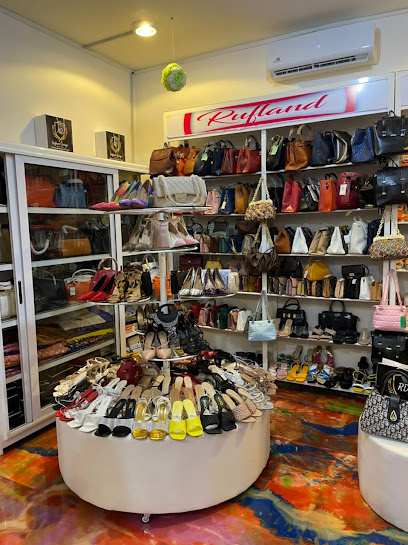
Boutique Benise
Explore Boutique Benise in Cotonou for a vibrant selection of local fashion that captures the essence of Benin's rich culture.
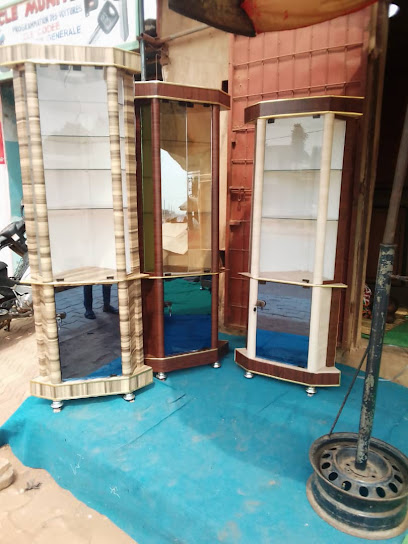
Le Local
Discover the vibrant shopping and culinary scene at Le Local in Cotonou, where culture and commerce meet in a lively atmosphere.

Imodoo Boutique
Explore Imodoo Boutique in Cotonou for a unique blend of traditional Beninese fashion and modern trends.
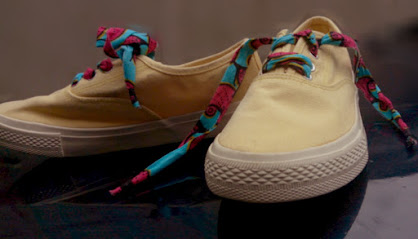
Prestige Company
Explore Prestige Company in Cotonou, the premier game store offering an extensive selection of video games, board games, and accessories for all ages.

JL BOUTIQUE
Experience the heart of Cotonou at JL Boutique, where shopping meets culture in a vibrant atmosphere.
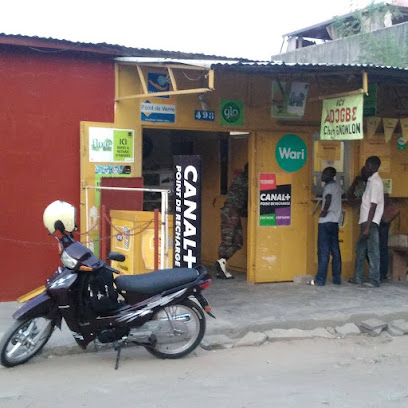
charmoly
Explore Cotonou's vibrant stores for unique crafts, fresh produce, and a taste of authentic Beninese culture.

Daassi Closet
Discover Daassi Closet in Cotonou, where beauty meets wellness in an exquisite health and beauty shop, perfect for your self-care journey.

Essential bars & hidden hideouts
Le Lieu Unique
Experience the vibrant culinary scene at Le Lieu Unique, a top restaurant in Cotonou offering delicious local and international dishes.
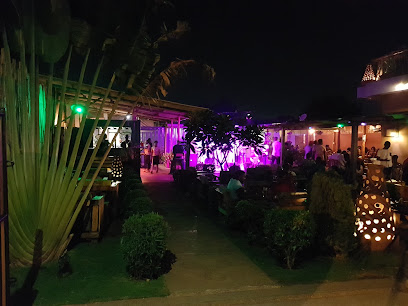
SUNSET BAR RESTAU
Experience exquisite local cuisine and stunning views at Sunset Bar Restaurant in Cotonou, the perfect place to unwind and savor the sunset.
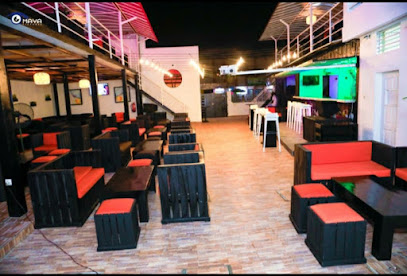
Le Saloon Fidjrossè
Experience the vibrant flavors of Benin at Le Saloon Fidjrossè, a culinary gem in Cotonou offering a delightful mix of local and international cuisine.
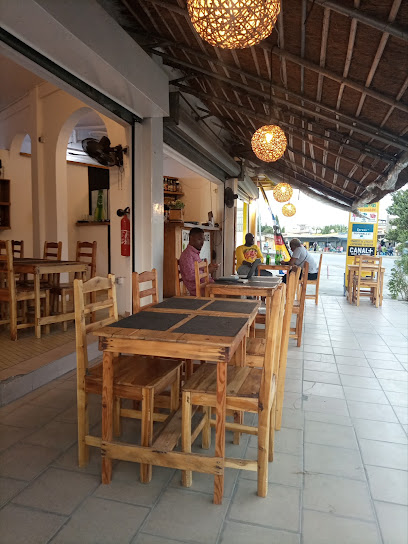
Parking Bar
Experience the vibrant nightlife of Cotonou at Parking Bar, your go-to spot for local drinks and lively entertainment.
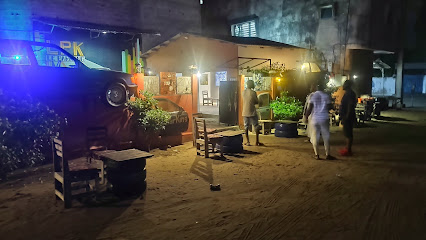
Le180degrés Cotonou Fidjrossè
Discover the delightful fusion of local flavors and international cuisine at Le180degrés, Cotonou's premier dining and cocktail destination.
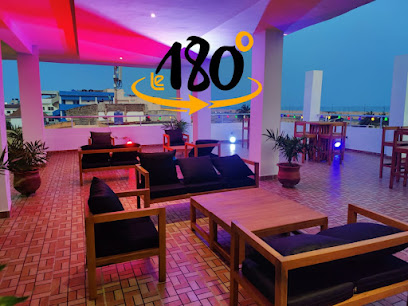
Le TROPICAL
Discover the vibrant live music scene at Le TROPICAL in Cotonou, where unforgettable performances and local culture await you.
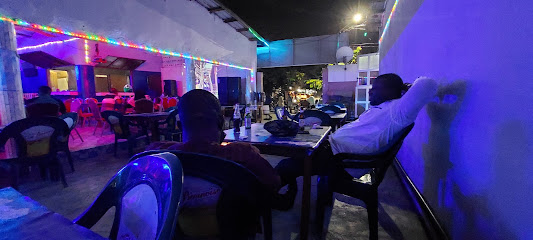
BAR LE DESTIN - AGLA
Discover the vibrant nightlife of Cotonou at BAR LE DESTIN - AGLA, a cozy wine bar perfect for relaxation and socializing.
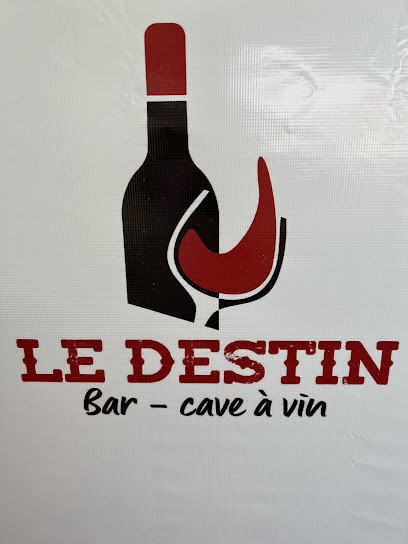
Bar Le Destin - Cave à Vin
Experience the rich flavors of exquisite wines at Bar Le Destin in Cotonou, a perfect retreat for wine lovers and social seekers.
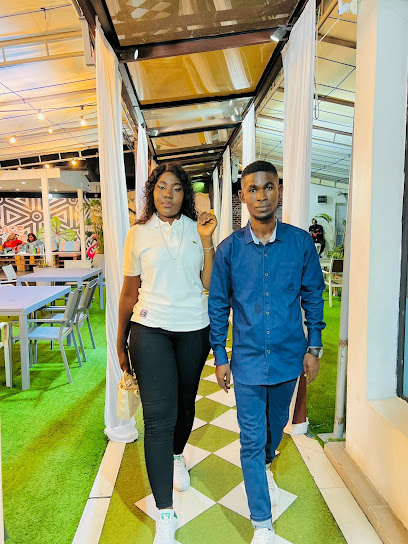
Nivana Bar-Resto
Discover Nivana Bar-Resto, a vibrant cocktail bar and restaurant in Cotonou, serving exquisite drinks and delectable local cuisine in a lively atmosphere.
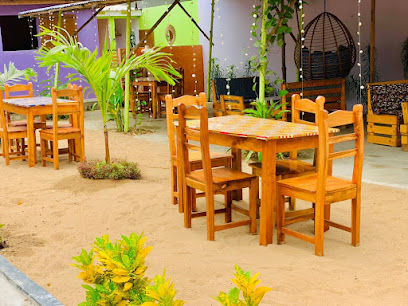
KipFood
Experience the vibrant nightlife at KipFood, Cotonou's premier bar for locals and tourists alike, offering a unique atmosphere and diverse drink selection.

Local Phrases
-
- HelloKuabo
[Kwah-boh] - GoodbyeKakati
[Kah-kah-tee] - YesWo
[Woh] - NoMio
[Mee-oh] - Please/You're welcomeMi kpe o
[Mee kpeh oh] - Thank youDjè é
[Jay ay] - Excuse me/SorryMèki
[Meh-kee] - How are you?Kó wá?
[Koh wah?] - Fine. And you?Mí wá. O wá?
[Mee wah. Oh wah?] - Do you speak English?È kè wá gèn yorùbá?
[Eh keh wah gen yo-roo-bah?] - I don't understandMí ní kó
[Mee nee koh]
- HelloKuabo
-
- I'd like to see the menu, pleaseMí kò yé menù, kíndè
[Mee koh yay men-oo, keen-day] - I don't eat meatMí kò yé ànù
[Mee koh yay ah-noo] - Cheers!Ègésé!
[Eh-gey-sey] - I would like to pay, pleaseMí kò yé wé, kíndè
[Mee koh yay way, keen-day]
- I'd like to see the menu, pleaseMí kò yé menù, kíndè
-
- Help!Gba wá!
[Gbah wah!] - Go away!Lé wá!
[Lay wah!] - Call the Police!Wè olopo!
[Way oh-loh-poh!] - Call a doctor!Wè olóríbo!
[Way oh-loh-ree-boh!] - I'm lostMí dì lé
[Mee dee lay] - I'm illMí dì jé
[Mee dee jay]
- Help!Gba wá!
-
- I'd like to buy...Mí kò yé wá...
[Mee koh yay wah...] - I'm just lookingMí wá fi
[Mee wah fee] - How much is it?È bára lè?
[Eh bah-rah lay?] - That's too expensiveÈ bára lè pé pé
[Eh bah-rah lay pay pay] - Can you lower the price?È bára lè ló
[Eh bah-rah lay low]
- I'd like to buy...Mí kò yé wá...
-
- What time is it?È ólòlò ní?
[Eh oh-loh-loh nee?] - It's one o'clockÓlòlò kan
[Oh-loh-loh kahn] - Half past (10)Ólòlò kan lóòkan
[Oh-loh-loh kahn low-oh-kahn] - MorningAarọ
[Aah-roh] - AfternoonOṣú
[Oh-soo] - EveningỌ̀sán
[Oh-sahn] - YesterdayÀna
[Ah-nah] - TodayỌ̀ní
[Oh-nee] - TomorrowỌ̀la
[Oh-lah] - 1ọkan
[oh-kahn] - 2meji
[meh-jee] - 3meta
[meh-tah] - 4merin
[meh-reen] - 5marun
[mah-roon] - 6mefa
[meh-fah] - 7meje
[meh-jay] - 8mejo
[meh-joh] - 9mesan
[meh-sahn] - 10mewa
[meh-wah]
- What time is it?È ólòlò ní?
-
- Where's a/the...?Níbì tí...?
[Nee-bee tee...?] - What's the address?È ëjo?
[Eh eh-joh?] - Can you show me (on the map)?È le mú sẹ́ẹdé mi?
[Eh leh moo shey-dey mee?] - When's the next (bus)?È yárá?
[Eh yah-rah?] - A ticket (to ....)È àkójọ
[Eh ah-koh-joh]
- Where's a/the...?Níbì tí...?
History of Fidjrosse
-
Fidjrosse, located along the Atlantic coast of Cotonou, has its roots in the ancient settlements of the Fon people, who are indigenous to the region. The neighbourhood's name is derived from the local word for 'fishing', highlighting its historical reliance on fishing and trade. This aquatic heritage played a significant role in shaping the community's culture and economy.
-
During the late 19th century, Fidjrosse became increasingly significant as Cotonou evolved into a major port for the French colonial administration. The construction of the port facilitated trade and commerce, leading to a surge in population as people migrated to the area for economic opportunities. This period marked the beginning of urban development in Fidjrosse, which laid the foundation for its current urban landscape.
-
Fidjrosse has long been a cultural melting pot, influenced by various ethnic groups including the Yoruba, Fon, and immigrants from other West African nations. This diversity is reflected in the local cuisine, music, and festivals. The neighbourhood is known for its vibrant marketplaces where traditional crafts and foods are sold, showcasing the rich cultural heritage of the area.
-
Following Benin's independence in 1960, Fidjrosse experienced significant social and political changes. The neighbourhood became a focal point for urban migration, leading to the expansion of informal settlements and challenges in infrastructure. However, this growth has also fostered a vibrant community spirit, with local organizations working to improve living conditions and promote cultural activities.
-
Today, Fidjrosse is a bustling neighbourhood known for its beaches, lively atmosphere, and cultural events. The area is a popular destination for both locals and tourists, offering opportunities to experience traditional Beninese culture. Events such as the annual Festival of Vodun celebrate the rich spiritual practices of the community, preserving the historical significance of the neighbourhood while embracing modernity.
Fidjrosse Essentials
-
Fidjrosse is easily accessible from other neighborhoods in Cotonou. You can take a taxi or ride-hailing service from the city center, which typically costs around 1,500 to 3,000 CFA francs. Public buses and shared taxis (called 'benskin') also operate frequent routes to Fidjrosse from areas like Akpakpa and Ganhi. If arriving from Cotonou's Cadjehoun Airport, a taxi ride will take approximately 15-20 minutes depending on traffic.
-
Fidjrosse is best explored on foot, especially along its coastal areas, where you can enjoy the sea breeze and local sights. Local taxis and 'benskin' are available for longer distances or if you're short on time. While there are no trains in Cotonou, bicycles can be rented from local shops, which is a great way to immerse yourself in the neighborhood.
-
Fidjrosse is relatively safe, but visitors should exercise caution, especially at night. Areas near the beach can be less secure after dark, and petty crimes like pickpocketing may occur in crowded areas. Keep an eye on your belongings and avoid displaying valuables. It’s advisable to stay in well-lit areas and travel with a group when possible.
-
In case of emergency, dial 117 for police assistance, or 118 for fire emergencies in Cotonou. For medical emergencies, visit the nearest hospital or clinic; the Centre de Santé de Fidjrosse is a local option. It's recommended to have travel insurance that covers medical emergencies, and familiarize yourself with the location of the nearest medical facilities.
-
Fashion: Do wear lightweight and modest clothing, suitable for the tropical climate. Don’t wear overly revealing attire, especially in religious areas. Religion: Do be respectful of local customs, especially during religious events. Public Transport: Do be polite and offer your seat to the elderly. Don’t engage in loud conversations. Greetings: Do greet people with a friendly 'Bonjour' and a smile. Eating & Drinking: Do try local dishes and beverages, especially fresh seafood. Don’t refuse food or drink offered to you, as it’s considered disrespectful.
-
To experience Fidjrosse like a local, visit the vibrant market at the Boulevard de la République for fresh produce and local crafts. Spend time at the beach, especially during sunset, where you can mingle with locals and enjoy the atmosphere. Engage with fishermen at the coast to learn about their daily routines. Additionally, try local street food delicacies like 'akara' (bean cakes) and freshly grilled fish from beachside vendors.
Nearby Cities to Fidjrosse
-
Things To Do in Porto-Novo
-
Things To Do in Ouidah
-
Things To Do in Lokossa
-
Things To Do in Aneho
-
Things To Do in Lagos
-
Things To Do in Lomé
-
Things To Do in Abeokuta
-
Things To Do in Notse
-
Things To Do in Atakpamé
-
Things To Do in Kpalimé
-
Things To Do in Ibadan
-
Things To Do in Ho
-
Things To Do in Koforidua
-
Things To Do in Accra
-
Things To Do in Benin City








